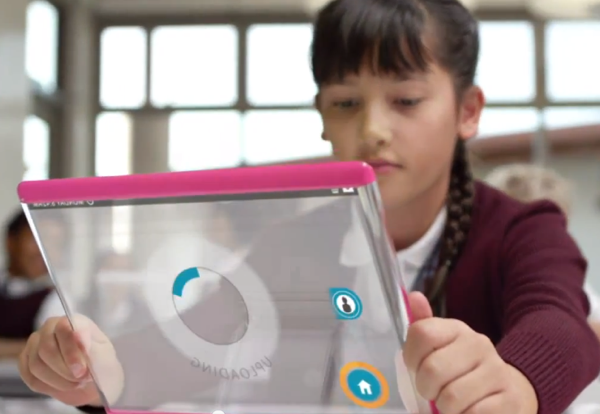I've been thinking a lot about device security lately. This is not just due to the fact that I'm working on an iOS project, or that I am an iPhone and Kindle fire owner. But what has been striking me recently it's not what you'd ordinarily think of as device security, perhaps.
The first thing that comes to mind with device security is confidentiality, perhaps privacy. Do we have a passcode on our phone? What happens if a thief finds my bank account numbers? Some co-worker reads my emails to HR. Someone swipes the highly sensitive partner briefing on a new product or service. And, of course, there is the issue of leaving iPhones in bars...
A lot of these issues also look like control issues. I'm a tech guy, right? I remember sharing the outrage when Verizon "crippled" (suppressed manufacturer features on) its cell phones. How dare they?!? These devices are our property! We paid for them! Trial balloons about cellular communications jammers in theaters and churches went down in flames. We bought it, we own it, we use it, we control it.
But I think that we are approaching a point at which we need to let our devices be locked down when we enter certain places. For example, my son-in-law worked in a secure environment in which smart phones—and, in fact, camera phones—were completely and positively forbidden. But I'm thinking primarily of schools. I really want my kids to have access to their iPods, iPhone or whatever while they are working in school. But not for texting, Facebook, playing music, Skype-ing, or such. Videoing and photographing teachers and classmates is another risk. Such activity causes chaos in schoolrooms across the country. But the problem is not simply that these devices can receive messages and cause disruption. No, it's that they can allow a student to not pay attention. In other ways, they can actually circumvent the learning process, rather than assisting it. If you "help" a student choose a right answer, did they learn? If you make a lesson too easy, is it a lesson at all?
My daughter's law professor uses an iPad while teaching, but forbids his students from bringing them into class.
Consider the remarkably visionary videos posted by Corning, "A day made of glass" and " A Day Made of Glass 2," depicting a family's daily life as augmented by ubiquitous glass display surfaces with multi-touch interaction. At school, one of the daughters plunks down the transparent glass tablet she's been toting into a special slot in the classroom table:

Whoa, cool, right? Note something else: the classroom table has just taken control of her tablet. "Uploading" in this shot is probably wrong, unless it's delivering homework. Regardless, a few moments later, the teacher orchestrates her lesson across all the kids' tablets at once. No "Wendy just posted on your wall" or "TextFree - Bojunks: after schl usual pl." I suspect phone calls, even from relatives, are completely blocked and parents' are re-routed. This feels very invasive and dangerous.
But it goes both ways. The device is as much of an invasion into the classroom as an asset. The more these great devices do, the more they can do something other than what they need to do in a particular setting or circumstance. They can foster teamwork or spread discord. They can be part of teaching or part of goldbricking. There's a social contract here between the device user and the people around him or her. In some ways, governing what these devices do when and where is already part of that contract. I think at some point we'll need to honor that contract by surrendering or sharing control of our devices.
